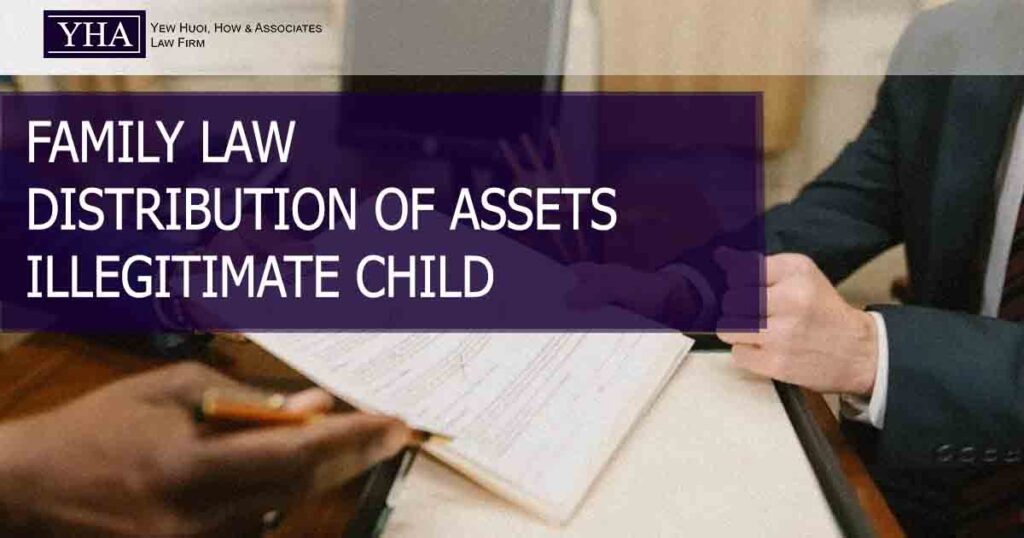A had mistress and a wife; both of whom had given birth to a child each. A died without a will. Can the child of the mistress be entitled to succeed and inherit A’s property under the Distribution Act 1958?
- Distribution Act 1958 (“DA 1958”) applies when a person dies without a will. This is called intestate in law.
- When A dies intestate leaving a spouse and issue but no parent or parents, spouse is entitled to 1/3 and the issue the remaining 2/3.
- If there are parents, then parents 1/4, spouse 1/4 and the issue shall be entitled to 1/2.
- This is set out in Section 6 of the DA 1958.
Is the illegitimate child entitled to succeed and inherit A’s property?
- Yes. Section 6 of the DA 1958 uses the word “issue” and not “child”.
- Section 6 of the DA 1958 did not state only legitimate child could inherit the property of the intestate.
- The Federal Court in Tan Kah Fatt & Anor v Tan Ying [2023] 2 MLJ 583 held the words “child” and “issue” are different.
- Although child is defined as “legitimate child” in Section 3, Section 6 of the DA 1958 on distribution uses the word “issue” and not child.
- The dictionary meaning of the word issue suggest descendants by blood lineage. Not dependent on the matter of legitimacy of the descendant.
- As long as the child of the mistress is a descendant by blood lineage, he/she is entitled to inherit the property of A under the DA 1958.
(Case in Point: Tan Kah Fatt & Anor v Tan Ying [2023] 2 MLJ 583)

